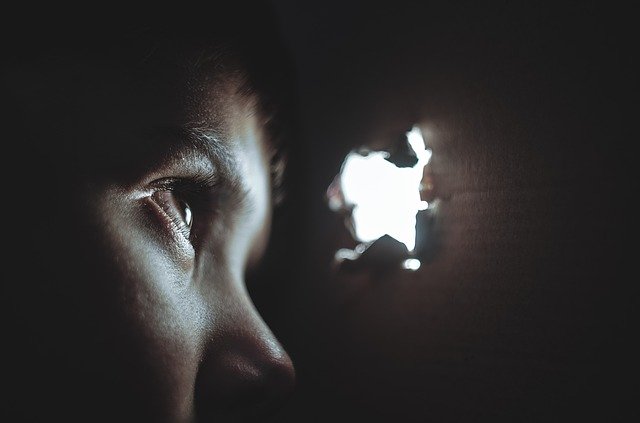Dancing Eyes Is a Medical Condition: How Rare Is It?

One who has ‘nystagmus’ might find it difficult to see in the dark, or his eyes might be very sensitive to bright light.
Have you recently felt your eyes seemingly having a mind of its own? Do they move up and down, side to side? Or, do both of your eyes move in a circle?
You've probably developed a condition called "dancing eyes," or also known as "nystagmus." This is a condition where an individual cannot control the movements of his eyes.
What Causes the 'Dancing Eyes?'
According to eye experts, 'Nystagmus' may be an indication of another eye or medical condition. A person may be born with it, or he might acquire it later in life.
'Dancing Eyes' may result from various things like a condition passed down from parents; other issues such as cataracts for one; conditions such as stroke, MS or multiple sclerosis; head injuries; inner ear problems; and use of drug or alcohol, among others. In some circumstances, the doctor may not be able to identify the cause of such an occurrence.
ALSO READ: Link Between Autism and Eating Disorders May Be the Reason Emotions Are Hard To Identify
What are the Symptoms?
Your eyes move uncontrollably. The movement might be fast, and then, it becomes slow, then it moves fast again. More so, the eye movement might be on just one side, although it is typically in both eyes.
For children with nystagmus, objects may appear blurry. However, medical experts say, this may not appear alarming to them. It is different if one develops the condition as an adult. It looks like the world moves a bit when you look around if you have the "dancing eyes."
Essentially, this condition may impact your vision. You might find it difficult to see in the dark, or your eyes might be very sensitive to bright light.
Other symptoms a person with nystagmus may experience include difficulty balancing and feeling dizzy. These can even worsen in times of fatigue and stress.
DON'T MISS THIS: 6 Reasons Why You're Gaining Weight Unintentionally
How is Nystagmus Treated?
If you've had this eye condition as an adult, there may be easy ways to try to alleviate its effects. There are times when you may simply need to stop taking a particular medicine or quit using drugs or alcohol.
It will also help if you wear the right contact lenses or a pair of glasses to improve your vision. Eyeglasses or contacts don't promise a cure for this condition, but they can help with other eye conditions that can worsen nystagmus.
Another option an eye doctor can recommend is eye muscle surgery. This treatment aims to help the patient with the head tilt that frequently occurs with nystagmus. Sometimes, eye surgery can improve vision, as well.
Some medications may ease the symptoms, but not for all. Drugs only work for adults but not for kids. Among these medicines are the anti-seizure medications like gabapentin or Neurontin, muscle relaxant baclofen or Lioresal, and onabotulinumtoxina or Botox.
If One of the Family Members has 'Dancing Eyes'
Experts say there are things to try at home to make it easier to address this eye condition. One of the most effective home remedies is the use of large-print reading materials and "turn up the print size of your electronic gadgets like phone, tablet, or computer." Adding brightness in the room may help with the vision, as well.
For children with "dancing eyes," encourage them to use their eyes. Meaning, let them hold books close to their eyes with their head tilted. It will also help if you let them wear a hat or tinted glasses even when they are indoors to decrease glare.
IN CASE YOU MISSED THIS: Is Excessive Exercise Linked to Eating Disorders? Here's What Studies Say
Check out more news and information on Nystagmus and Dancing Eyes on MD News Daily.
© MD News Daily.
